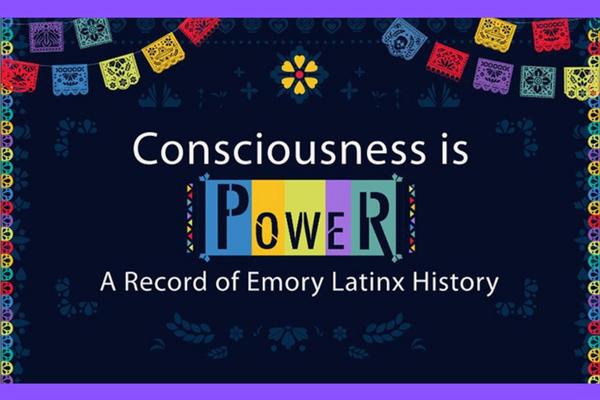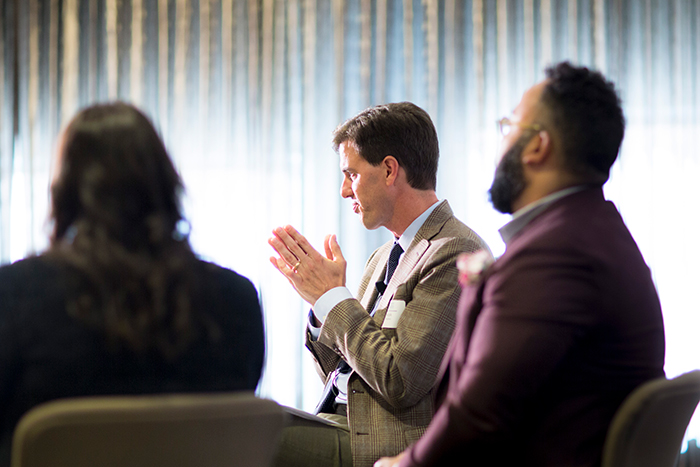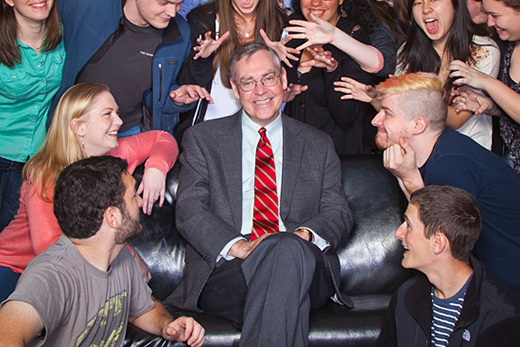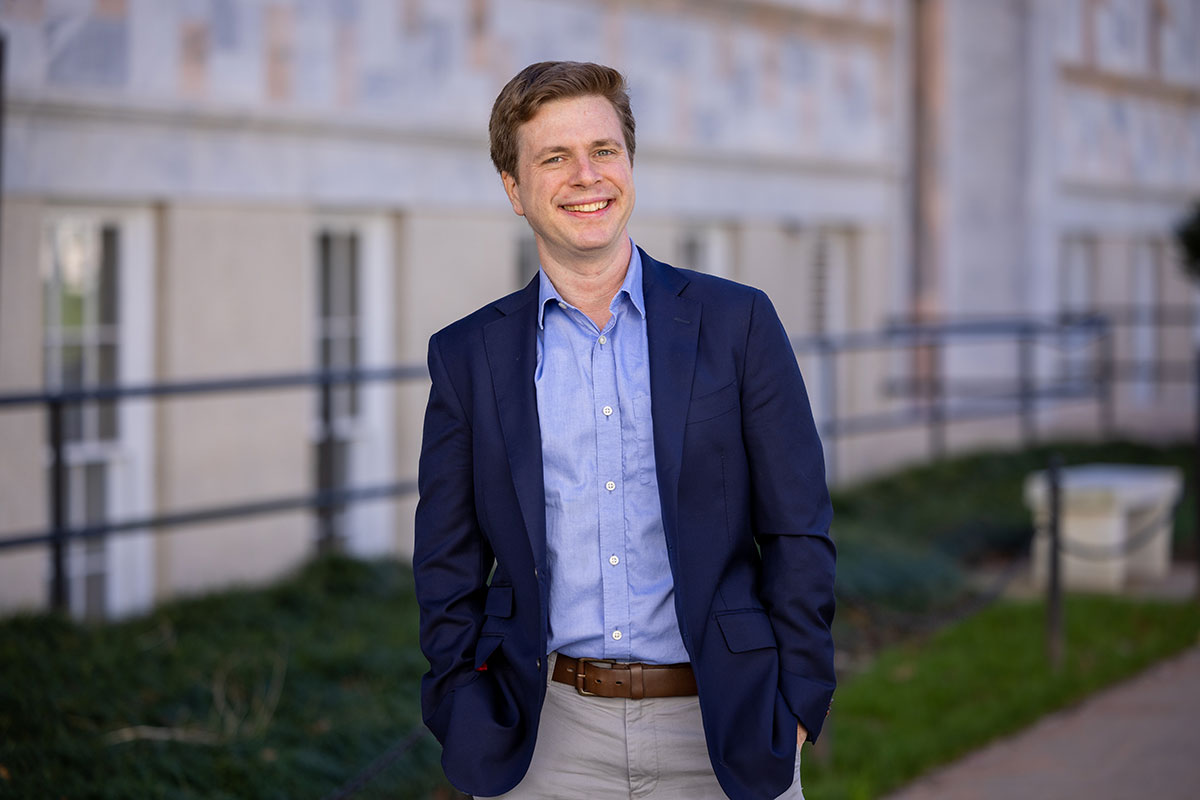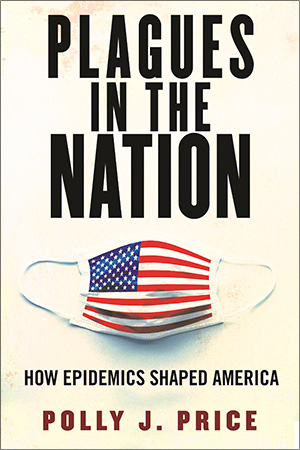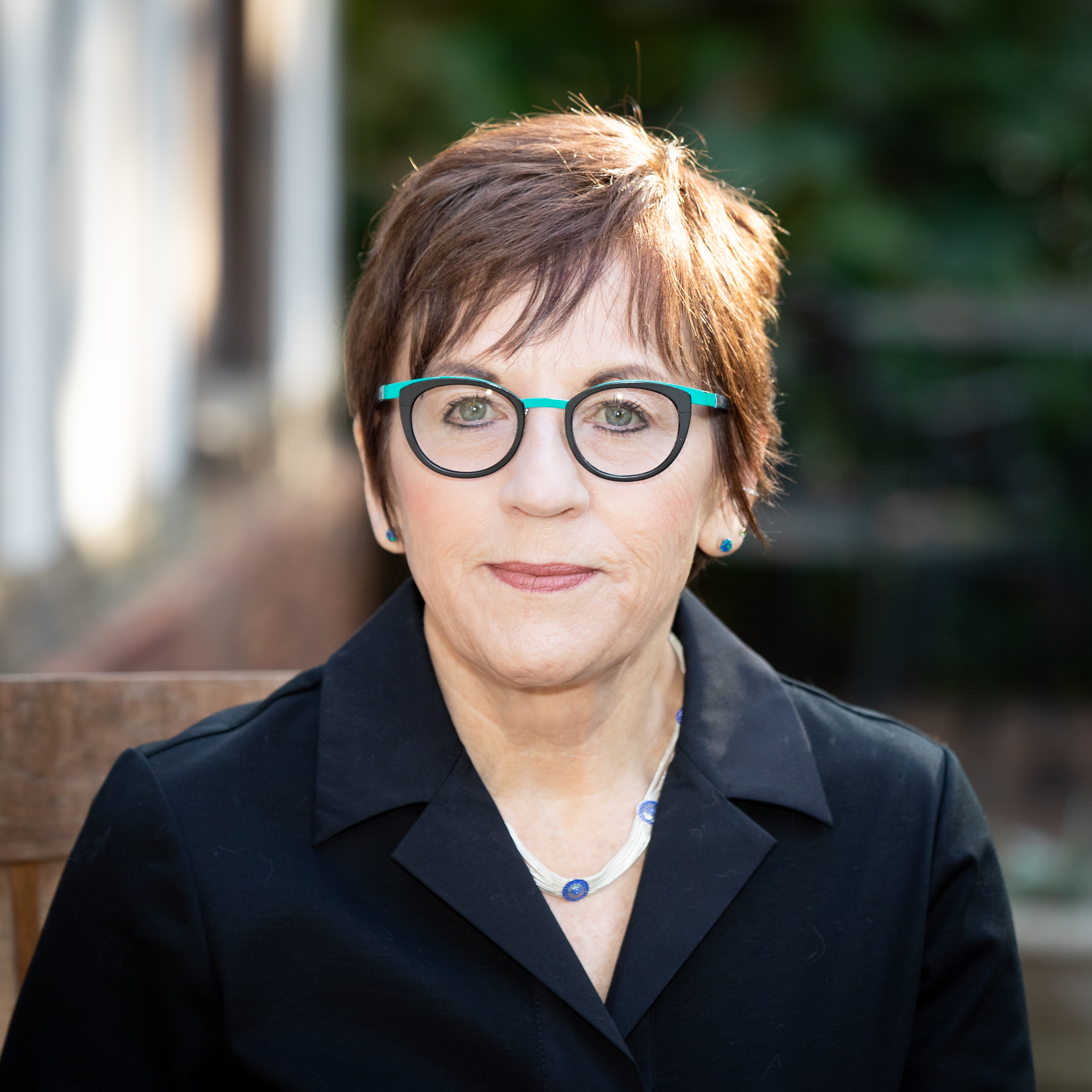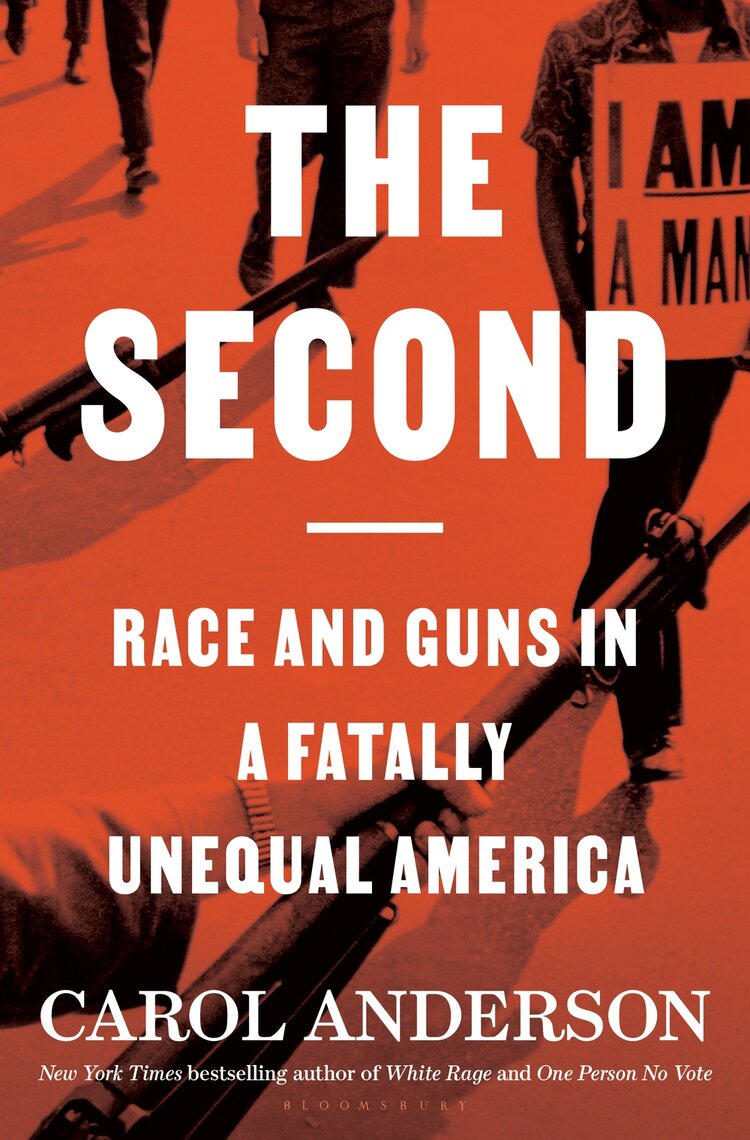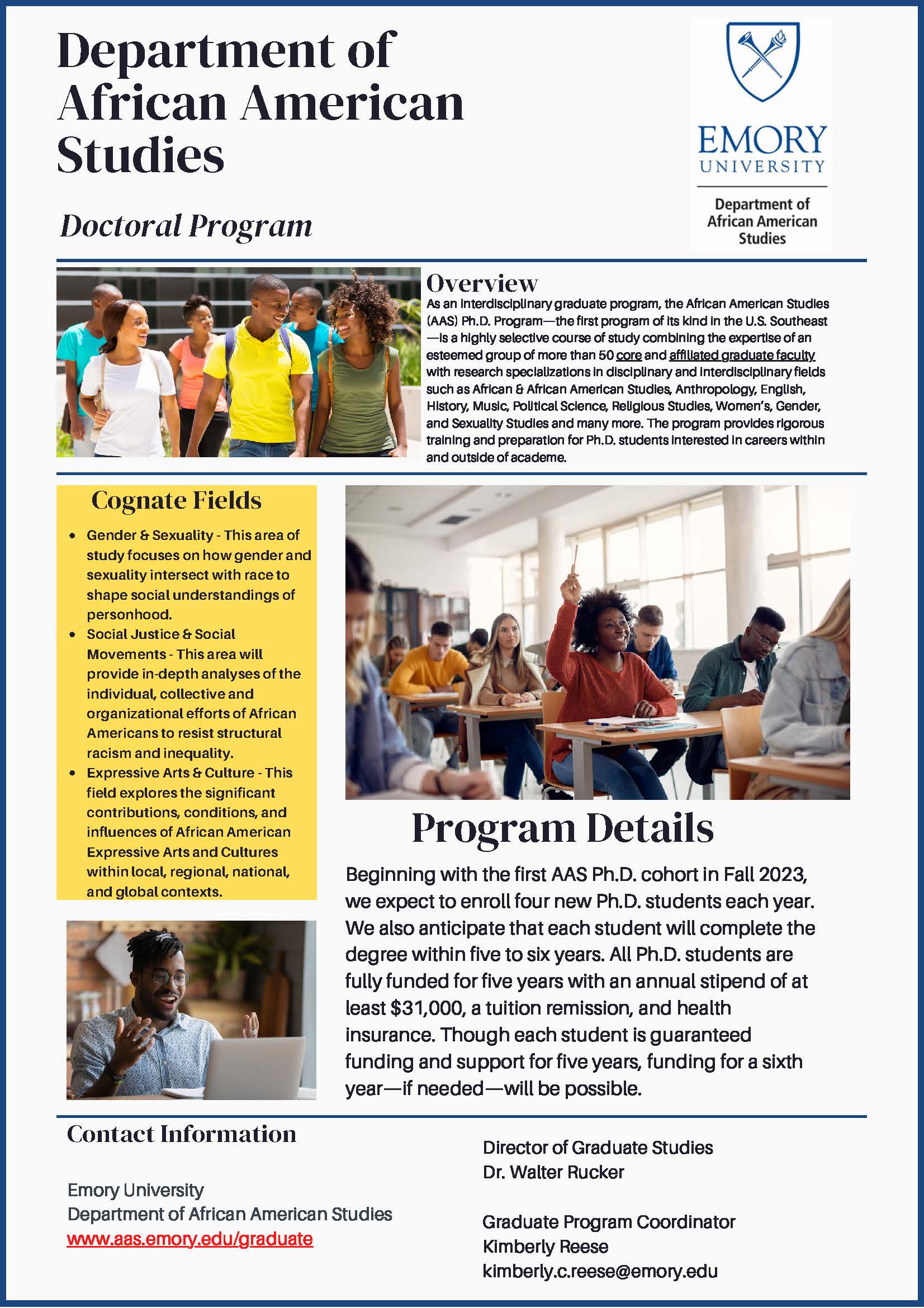Emory Libraries has showcased a pioneering exhibit on Latinx histories in recognition of Hispanic Heritage Month. Titled “Consciousness is Power: A Record of Emory Latinx History,” the exhibit was curated by Arturo Contreras, a fourth-year student majoring in Latin American and Caribbean Studies. In the Emory News Center piece about the exhibit, Contreras describes how History Department Assistant Professor Yami Rodriguez helped to inspire the project through her class “Migrants, borders and transnational communities in the U.S.” Read an excerpt from the Emory News Center Article below along with the full piece here: “Celebrating Hispanic Heritage Month with an Emory Libraries pop-up exhibit.”
As a student, Contreras wanted to integrate his community work into his academic life. In spring of 2022, he enrolled in Yamileth “Yami” Rodriguez’s special topics history class to expand as a scholar in the field of Latinx studies. Rodriguez, an assistant professor of history at Emory, inspired and supported Contreras in proposing his exhibit project to the Emory Libraries Events and Exhibits team.
“Yami’s presence is what Emory needed, especially for students wanting to be involved with their respective communities,” Contreras says. “Her field of study and method of facilitating makes the classroom an environment of belonging and safety to explore intellectual curiosity.”
“Celebrating Hispanic Heritage Month with an Emory Libraries pop-up exhibit,” September 14, 2022.
